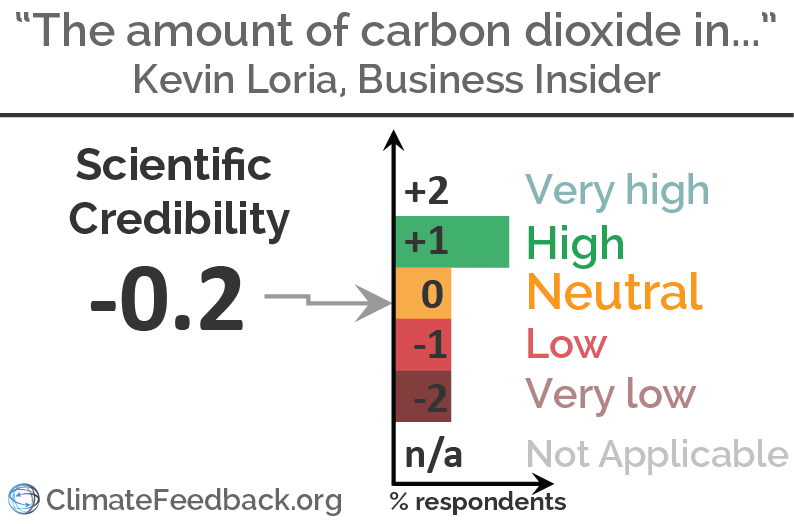Why does he need to approve? It is a mean of equivocation detection. But it requires all coins going through its creator. Incurring latency and possible indefinete out-of-service as creator goes offline.
Why is it not optional? Like we can exchange coins with recepient directly, and he may come to redeem it later, if he wishes, detecting eqiuvocation at that point.
Some services, that offer say a cup of coffee, would be willing to take the risk of loosing $5 of value on to-be-detected equivocations. Since equivocators will be punished severily that does not worth 5$ of value. So they can be rest assured that nobody's gonna do that.
Now this example holds if coffee provider prices in currency other than its own, say bank's.
And banks are generally online. But still. Why force it? Let them do a round-trip to currency owner at their choice, a tradeoff that's up to them.
